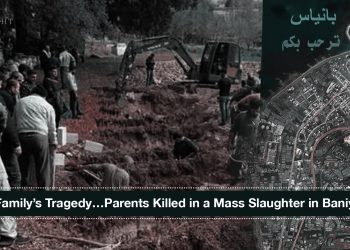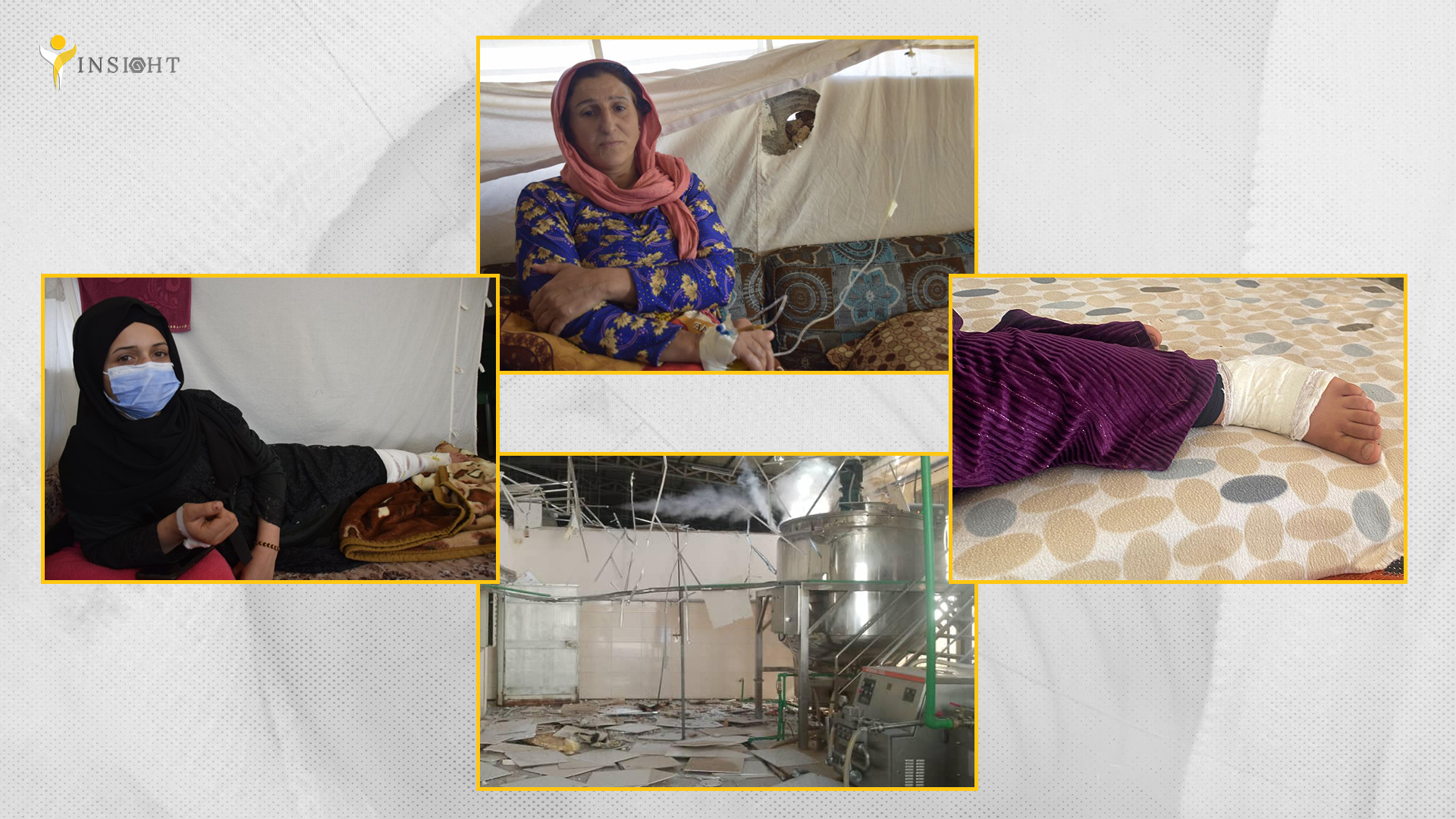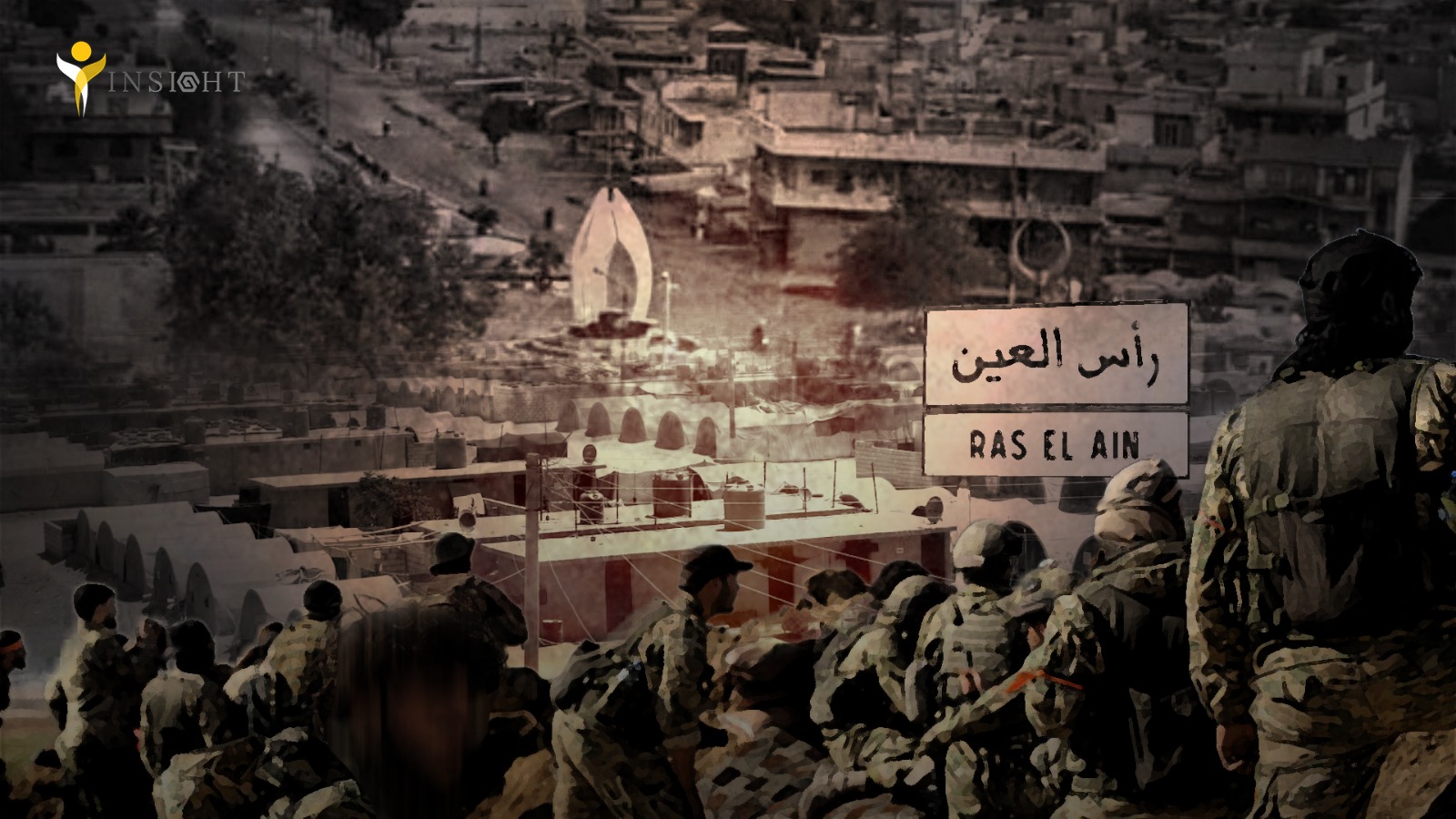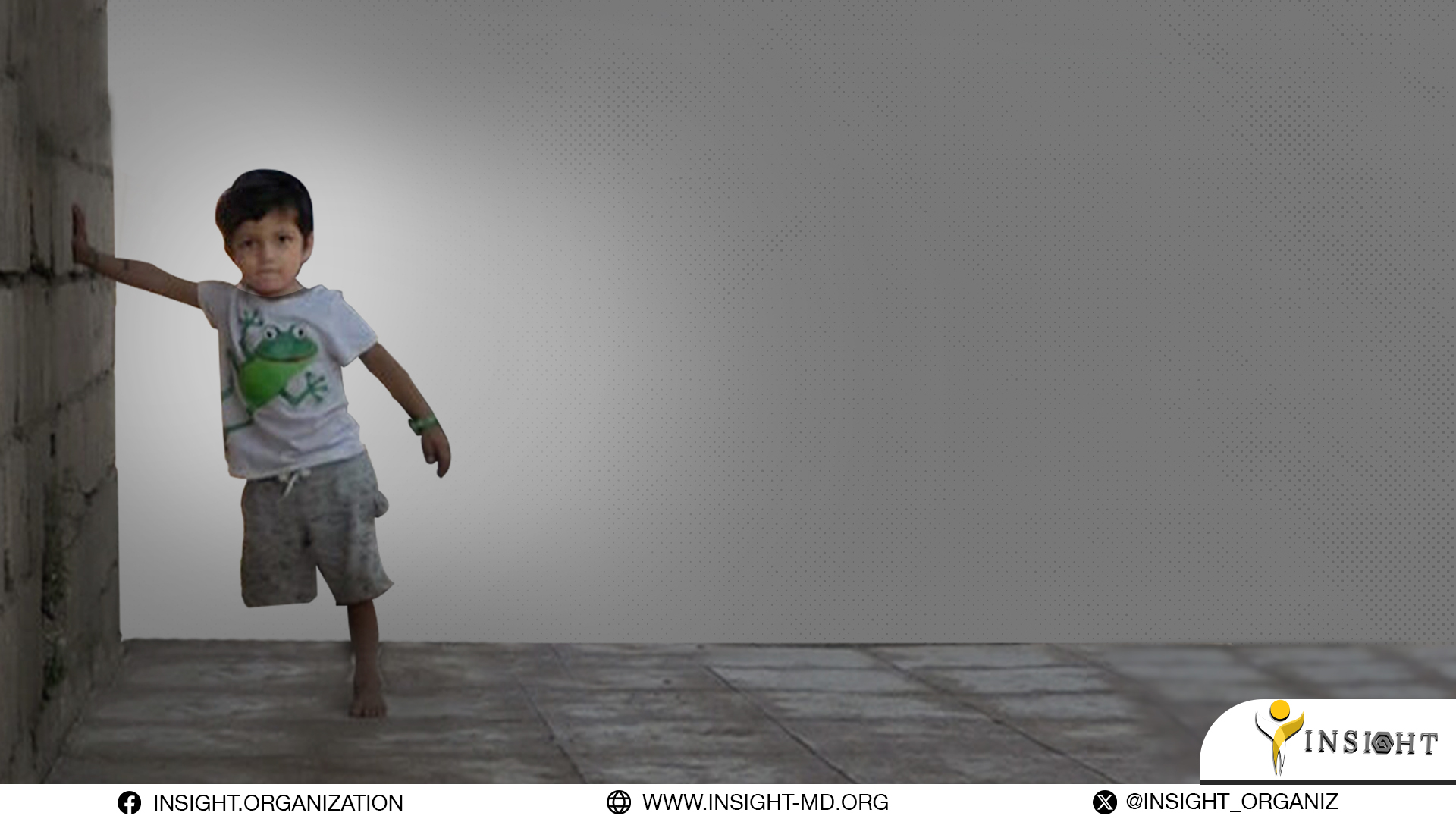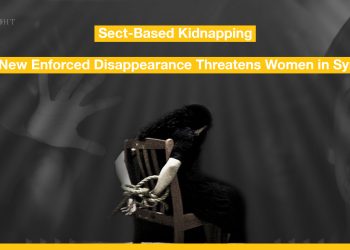This case study of Yazidi survivor Kovan Aydo Khurto, highlights her suffering for a decade by ISIS members, and how to restore her hopes for life, including potential procedures for holding the abusers accountable.
What Kovan, her family and her community’s were exposed to, is considered as genocide? Is there any means for accountability and justice?
Rape and forced marriage
Kovan Aydo Khurto, a Yazidi woman was born in 2000, from Herdan’s village in Sinjar (Shengal) in north of Iraq, was found in al-Hawl camp, northeast Syria, on February 4th,2024 .
During a decade, the Yazidi survivor was abused, hurt and sold, forced to serve, obey, marry and to change her religion.
“They hit me and insult me….for them I was only a sex slave and a servant” she said.
On August 3rd, 2014, ISIS attacked Shengal, killed 1280 Yazidi men and women and kidnapped about 6400 Yazidi, the fate of more than 2650 of them are still unknown.
More than 100 thousand of Yazidi survivors left Iraq and headed to Europe and other parts of the world. United Nations and other countries like Germany, Britain, Netherlands and Canada recognized this genocide.
According to Rome Statute, a “genocide” means acts committed with intent to destroy, in whole or in part, a national, ethnical, racial or religious group.
https://www.icc-cpi.int/sites/default/files/RS-Eng.pdf
Kovan was one of a group of girls, who were taken to Tal Afar town in north of Iraq, where ISIS members took them as slaves, to be raped five times and then forced to get married.
Kovan said that she cried when they forced her to change her religion.
She said that they used to call Yazidis “infidels”, although, they would take her with them, on every prayer time, to do the “Wadu” and pray with them.
“I want to go back to my family”
Kovan speaks Arabic, and her Kurdish is weak. She also have psychological effects as a result of her suffer over the past ten years.
Now, after being released from the terror of ISIS members and cells in the camp, she feels safe to talk about ISIS attack on her village, and how they were kidnapped and divided into groups.
She now communicates with her family who left the destroyed village and talks to her brother in Europe, who survived the genocide because at that time he was working in Duhok.
Kovan’s two sisters were kidnapped by ISIS, but were previously released and now they are married.
“Thanks God…all my family are waiting for me, they told me that they will celebrate my return, I want to go back to them too.”
On March 2nd,2024, Kovan left Syrian territories toward Shengal, as the Yazidi House and women protection units (YPJ) delivered her to actors represent the Yazidis and to one of her relatives.
Since 2014, 412 Yazidi women and children were sent to Shengal after finding them in Syrian areas like Raqqa, Idlib and Deir Ezzor.
But still (2000 to 3000) Yazidi women in the hands of ISIS, the Yazidi House expect that half of them are in al-Hawl camp, and the House is attempting to reach them.
A hope of accountability
Kovan wishes to get back to school and complete her education, which was interrupted since the fourth grade.
“I wanted to become a doctor.”
The Yazidi minority does not accept the children of kidnapped Yazidi women when they return, “I will leave the kids, they are still young..”
Kovan believes that, someday, she will submit a complaint against those who hurt her – ISIS members and families. She mentioned that some of whom sold and abused her were killed in the war.
In addition to Iraq, many European countries prosecuted ISIS members who lived on their territories, but refuse to repatriate members of their nationalities that are hold by SDF in Syria.
According to Article 77 of Rome Statute, ” the Court may impose one of the following penalties on a person convicted of a genocide by imprisonment for a specified number of years, which may not exceed a maximum of 30 years; or a term of life imprisonment when justified by the extreme gravity of the crime and the individual circumstances of the convicted person.
The Iraqi government have issued the law of Yazidi women survivors in Mars, 2021, numbered 8, for the purpose of rehabilitating them and paying them compensation and salaries.
However, the difficulty of proof of children’s parentage of these survivors’ children who were born to ISIS members – probably killed and detained – created statelessness.
This dilemma cannot be addressed unless by amending citizenship laws and permitting women to grant their citizenship to their children.


